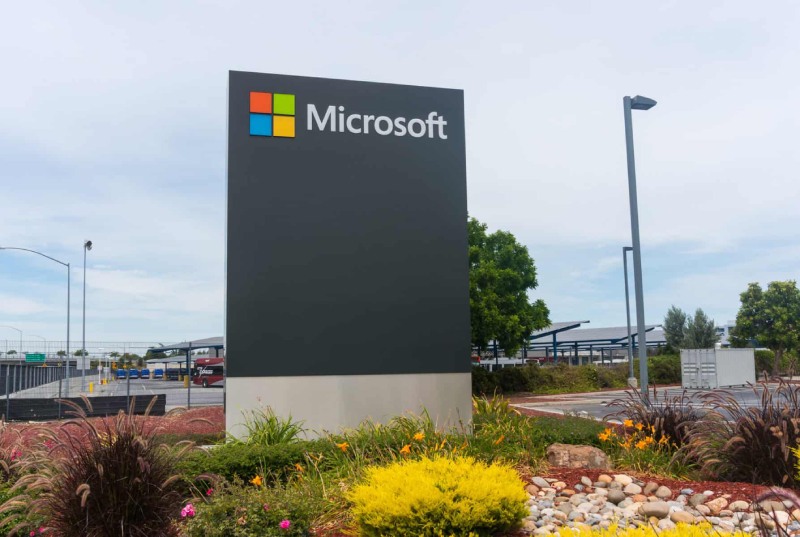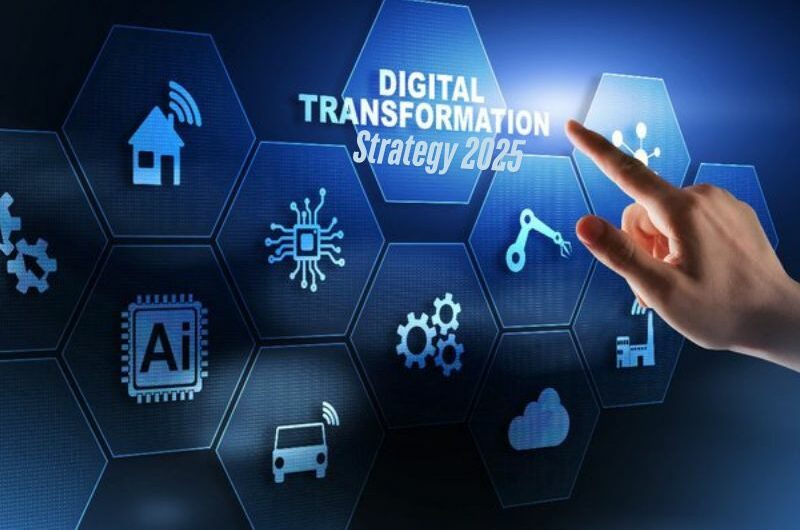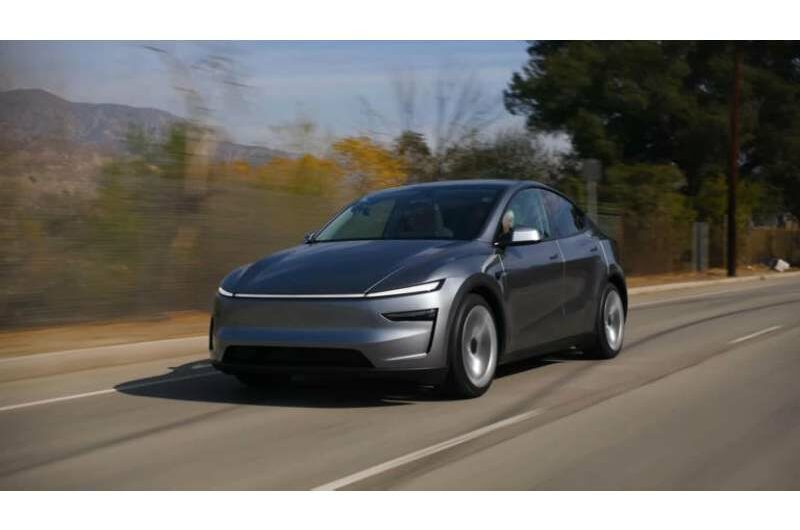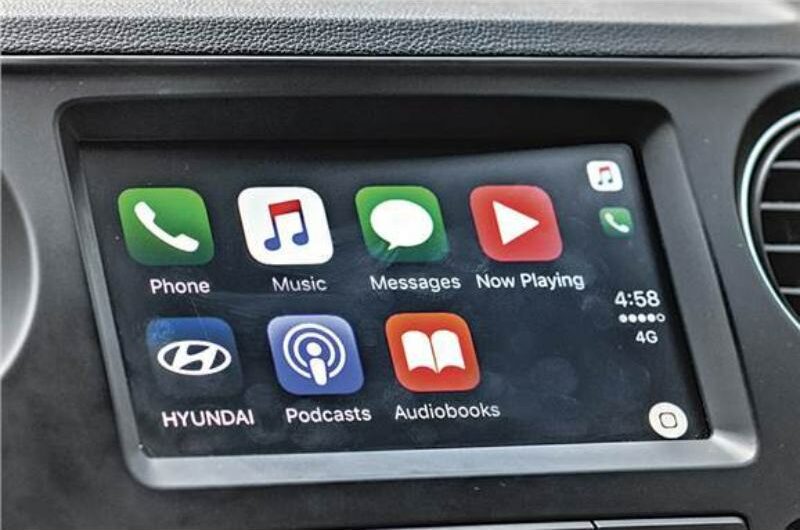Under a landmark rule, the largest digital companies in the world-dubbed “gatekeepers” by the EU-must agree to strict dos and don’ts starting next month. In September, the commission declared that 22 “core” services offered by the appointed gatekeepers-Microsoft, Amazon, Apple, ByteDance, the parent company of TikTok, Facebook, and Google’s Alphabet-met the requirements for required compliance.
The European Commission said on Tuesday that stricter EU regulations limiting the way tech giants conduct business had been lifted for Microsoft’s Bing search engine and Apple’s iMessage.
Simultaneously, the European Commission started investigating whether Bing, Microsoft’s Edge browser, Apple’s iMessage messaging service, and Microsoft’s advertising service should also be included.
The EU’s executive arm released a statement saying, “Yesterday (Monday), the Commission has adopted decisions closing four market investigations… finding that Apple and Microsoft should not be designated as gatekeepers” for the four services.
In September, the commission declared that it will look into Apple’s iPad system as well. The inquiry must be finished within a year of the announcement.
Microsoft and Apple welcomed the judgment made this week.
An Apple representative said in a statement, “We appreciate the Commission agreeing with us that iMessage shouldn’t be designated under the DMA (Digital Markets Act).”
“Consumers today have access to a wide variety of messaging apps, and often use many at once, which reflects how easy it is to switch between them.”
A Microsoft representative stated: “We welcome the Commission’s choice to exclude Microsoft Advertising, Edge, and Bing, which are competitors in the market.
“We will continue to engage with the Commission and industry at large to ensure Microsoft’s other designated platforms comply fully with the DMA.”
The DMA aims to promote competition in the online marketplace. As an illustration, the law requires apps to be compatible with one another, so users should theoretically be able to message one another from different platforms.
With the help of the Digital Market Act and its sibling landmark legislation, the Digital Services Act (DSA), the EU has built up an impressive legal toolkit to compete with the internet giants.
The DSA requires the most widely used social media platforms and websites to control online content more closely and safeguard users while they purchase.
Topics #Apple #Bing #business #country #EU #Europe #iMessage #Laws #Microsoft #news #Regulation #Rules











